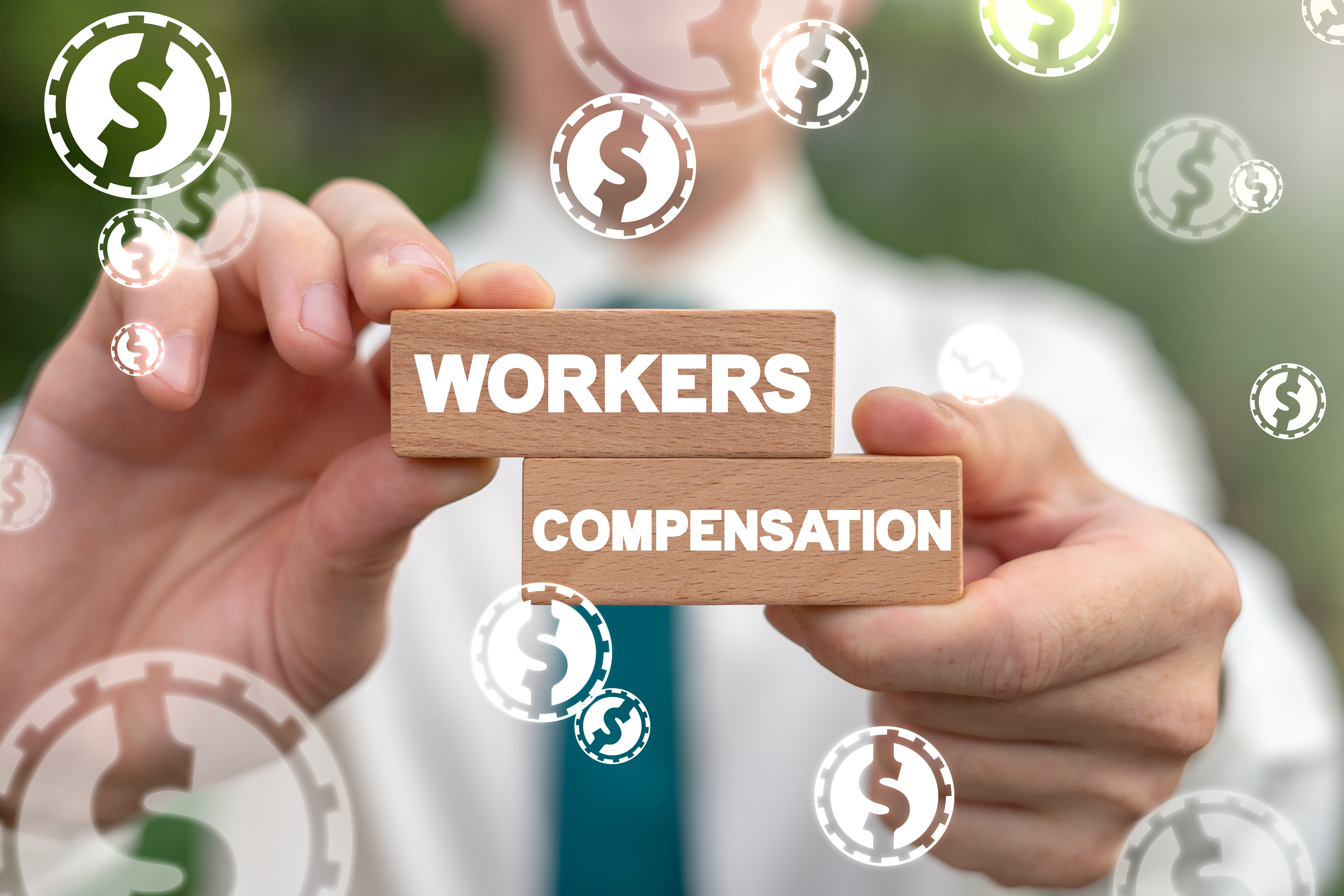Workers’ comp is a type of insurance that protects workers in case they suffer an injury on the job. While all states require employers to carry workers’ comp insurance, the rules and laws can vary from one state to another.
Let's take a closer look at worker’s compensation in Georgia.
Who Can Get Workers’ Comp Coverage in Georgia
Any business that employs three or more people has to carry workers’ comp insurance. Employees get coverage starting on their first day of work and can file a claim no matter how many hours they work.
In Georgia, workers’ comp is a no-fault system. That means you’ll get benefits no matter who is at fault for the accident, and there is no need to show who is at fault.
What's Covered Under Workers’ Compensation in Georgia
Workers’ comp covers work-related injuries. If you get an injury on the job, your workers’ comp claim will cover the cost of medical care, emergency treatment, rehab, and prescriptions. It also pays you back for travel expenses that result from seeking care.
You’d receive benefits even if you caused the injury, such as if you failed to follow safety rules because you were hurrying.
In a few cases, the insurer can deny your claim. You won't get payment if:
- The injury happens during a break or while commuting.
- The injury happens because you broke the rules at your job on purpose.
- You won’t submit to a drug test after the injury.
You can get benefits for COVID as long as you can prove that you were infected at work. Workers’ comp also covers repetitive stress injuries and preexisting conditions if your job worsens your symptoms.
However, receiving workers’ comp benefits for a mental health problem can be tough. The Board of Workers’ Compensation usually denies claims related to psychic injuries unless the mental health symptoms stem from a physical injury. If you’re dealing with a mental health problem because of an extreme work environment, a personal injury claim might be a better option.

Workers’ Comp Benefits in Georgia
The benefits you can get depend on how the injury affects you. If you can go back to work after receiving treatment, your workers’ comp claim will cover your medical costs.
However, you can get other benefits if you have to miss work due to the injury. If you miss work for more than seven days, you may get a weekly income benefit that equals two-thirds of your average income, up to $675 per week.
You can receive this temporary benefit for up to 400 weeks. You should start getting your checks within 21 days of the first day of work you had to miss. Note that you can’t try to get another job while receiving this benefit.
Once you get back to work, you can continue receiving weekly benefits for up to 350 weeks if you earn lower pay due to your injuries.
If you suffer a catastrophic injury such as amputation, paralysis, or loss of sight or hearing, you can receive lifetime weekly benefits. Workers’ compensation in Georgia also includes a death benefit for your spouse, children and other dependents.
You can also work out a lump-sum payment with the insurer instead of receiving weekly benefits. If you sustain a serious injury that results in permanent disability, you should also look into applying for Social Security.
Filing a Worker’s Compensation Claim in Georgia
It’s crucial to report work-related injuries as soon as they happen. You should report them to a supervisor within 30 days. Your employer will explain how to file form WC-14 with the Board of Workers’ Compensation.
Your employer will also file a claim with their insurer. It’s best to file this claim as soon as they become aware of the injury, but they have one year to file claims and two years to report that symptoms are getting worse after filing the initial claim.
Getting Fired While Receiving Workers’ Compensation in Georgia
Georgia is an employment-at-will state. That means an employer can end your employment at will as long as they don’t violate anti-discrimination law.
There are rules to protect employees from being fired for receiving workers’ comp benefits. Still, your employer can fire you for another reason while you receive benefits. In most cases, you will keep receiving benefits after being fired.
Receiving Treatment
If you sustain a work-related injury, you’ll have to receive medical care from one of the physicians posted by your employer. You can also get care through a workers’ compensation managed care organization approved by the State Board of Workers’ Compensation.
The only time this doesn't apply is if you need emergency care. You can receive care at the nearest emergency care provider, and your workers’ comp claim will cover the bill.
The insurer will cover all your medical fees as long as you receive care through an approved doctor. You might have to wait up to 15 days to be paid back for travel, lodging and other approved costs.
Final Thoughts
Seeking legal help can make the worker’s comp process easier. You should also reach out to a lawyer if you need help proving that your injury was work-related or want to appeal a denied claim. Accident.com can connect you with an attorney who understands workers’ compensation in Georgia if you need help with a claim.
.png)





